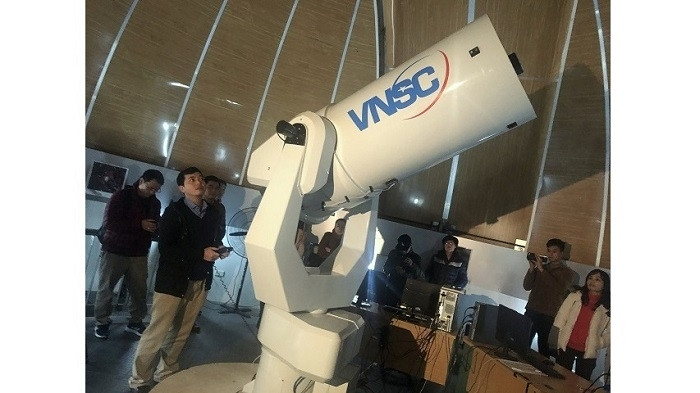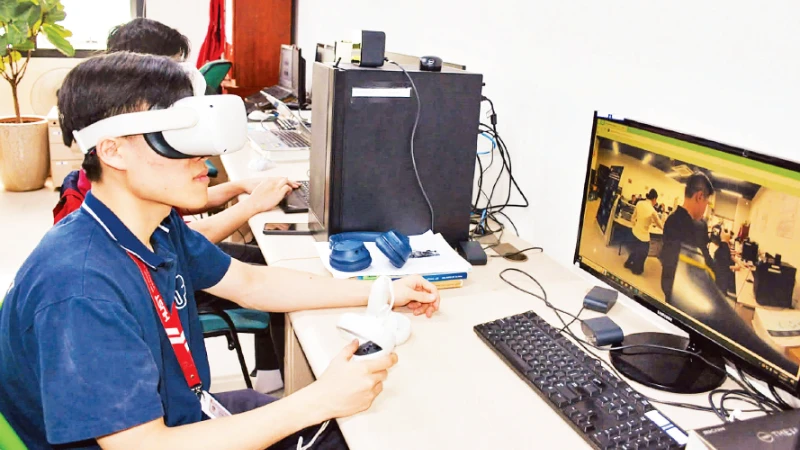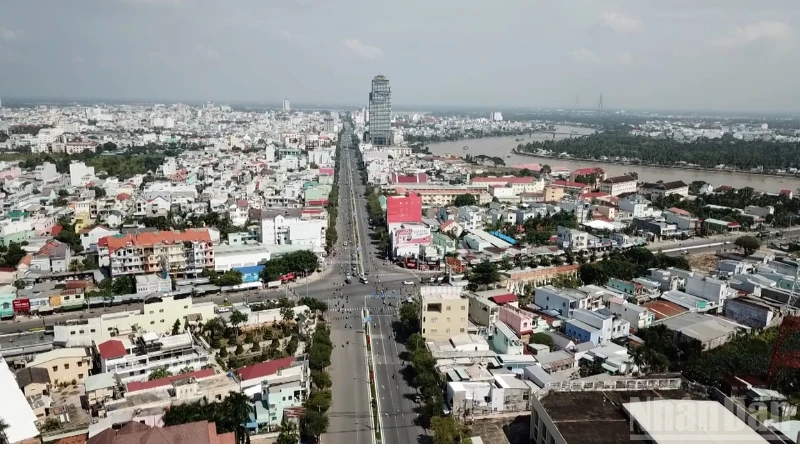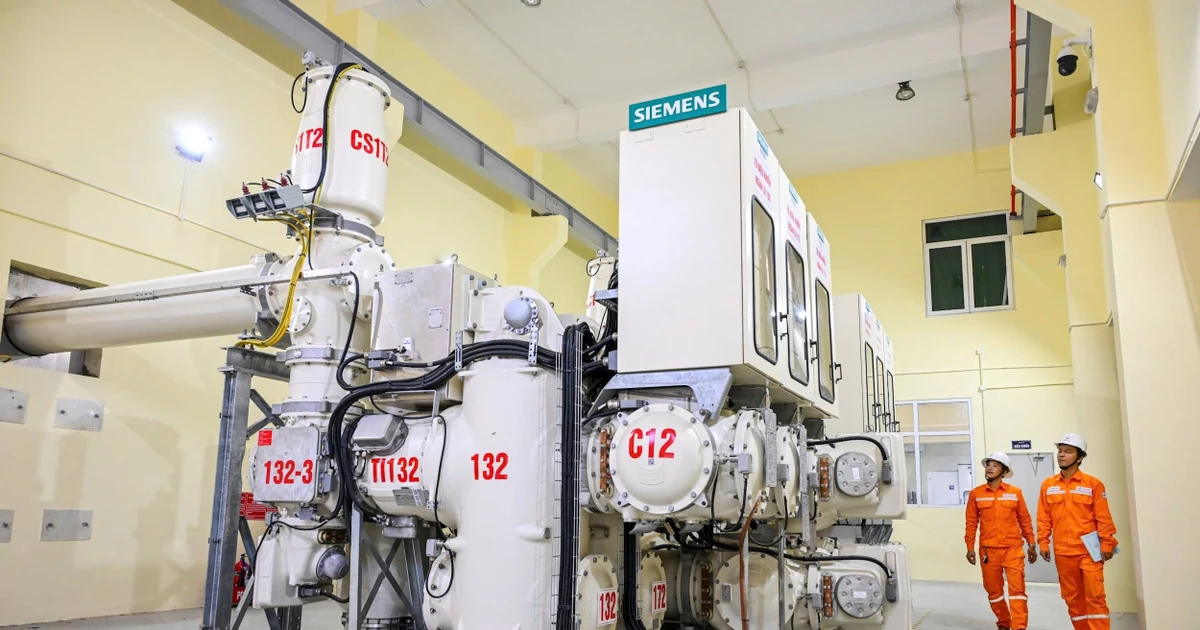Vietnam’s second observatory to open in June
On January 9, the centre said that after a pilot run since last June, the project including the Hoa Lac Observatory, the Vietnam Space Museum and a space projector will be ready to welcome visitors soon, aiming to popularise knowledge about astronomy and space among the public.
Construction for the complex was started in 2015 at a total cost of VND 60 billion invested by the Vietnam National Space Centre.
The main observation device of the observatory is the Ritchey-Chretien-reflecting optical telescope with a 0.5 m aperture, the largest in Vietnam. The multiplier of the telescope is 4,000 times that of naked eye. So far, the farthest object the telescope can see is at a distance of 1.4 billion light-years with the ground conditions.
It is also equipped with two important supporting devices - the Echelle ES0007 spectrum analyser and the dedicated PL16801 camera to provide images and spectra with a large spectrum resolution. The system allows for the performance of new studies in astrophysics like photographing galaxies, monitoring storms and activities that occur on the surface of planets near Earth in the Solar System and monitoring the activity of the Sun, as well as observing planets outside the Solar System.
The observatory goes along with a 100-seat planetarium, providing images and videos on the dome screen by a high-resolution projector system producing 3D effects, explaining astronomical phenomena such as the delimitation of seasons in the year, changes in the position of celestial objects and eclipses.
The Vietnam Space Museum will display artifacts related to space technology and satellite models designed and manufactured by Vietnamese engineers.
Earlier, Vietnam’s first observatory was established at Chong Islet offshore of Nha Trang tourist city in September 2017. The observatories aim to research and disseminate knowledge of astronomy and the universe for the community, as well as providing an exchange place for young astronomers and promoting astronomic research cooperation.
The observatories are currently offering their services free of charge, but the Vietnam National Space Centre is conducting procedures to apply fee collection for Hoa Lac and Nha Trang Observatories, with the funds collected from visitors to help with their operation and annual maintenance costs.
















